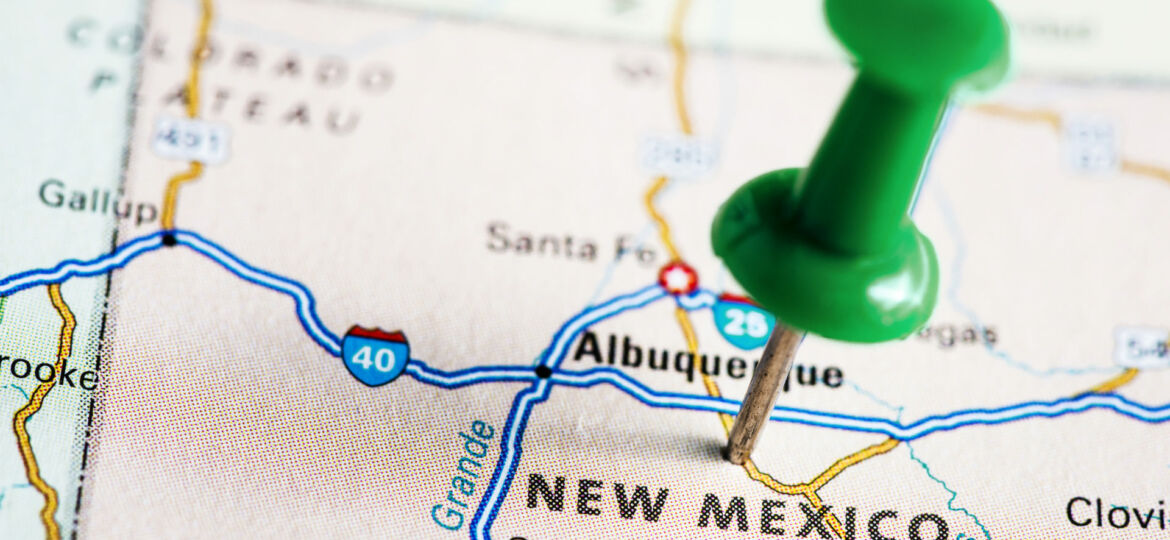
Payday loans provide quick short-term loans when faced with a financial emergency. In some states, payday loans and similar short-term loans are illegal. In other states, they come with strict regulations. No matter why you need to borrow money online, it is important you understand whether and where payday loans in the USA are legal and where they are not. Here, we break down some of the legislation surrounding payday lending in the US.
Payday Loans In The United States
In the United States, payday loans are legalized in 37 states and illegal in 13 states. Four states, Colorado, Montana, New Hampshire, and South Dakota have regulations that cap interest rates on payday loans. For online payday loans, restrictions and rate caps apply based on the state in which the borrower receives the loan.
What States Are Payday Loans Illegal In?
If you’re uncertain whether your state permits payday loans, we’ve listed information about payday lending regulations for each state in the USA in this guide. If you live in a state where it is illegal for payday lenders to operate, you will likely have to go to your bank or other type of traditional or high street lender to get a short term or long term loan, as you will not be able to find legal and regulated lenders as you will be able to in states where payday lending is permitted.
US States Where Payday Loans Are Legal
Payday loans are legal in some way in thirty-seven states in the US, although many have regulations restricting their use. States in which payday loans are legal and popular include:
Where is Payday Lending Regulated in the US?
Payday lending is permitted but regulated in thirty-two states. Borrowers are protected from high-cost payday lending with reasonable interest rate caps, rollover prohibitions, or other controls. For example, Colorado, Montana, New Hampshire, and South Dakota have an annual interest rate limit of 36% and ban any additional fees. Federal law also dictates that fees are capped at 36% for payday loans for all members of the military.
Where Are Payday Loans Illegal in the US?
The states that currently prohibit payday lending entirely are Arizona, Arkansas, Connecticut, Georgia, Maryland, Massachusetts, New Jersey, New York, North Carolina, Pennsylvania, Vermont, West Virginia, and the District of Columbia.
How Do Payday Loan Regulations Work?
Rather than making payday loans entirely illegal, some states have strict regulations to protect borrowers and discourage predatory lending. These restrictions significantly influence payday loan use. The stricter the lending rules, the fewer people use payday loans in that state. For example:
- In states where payday loans are highly restricted, just 2.9% of adults have used a payday loan in the last five years.
- In moderately restricted states, 6.3% of adults have used payday loans.
- In states with little regulation, 6.6% of people have used payday loans recently.
State Payday Loan Legislation
Find out whether payday loans are legal in your state. We’ve also listed the number of rollovers allowed according to state legislation.
Alabama: Legal, 1 rollover
Alaska: Legal, 2 rollovers
Arizona: Prohibited
Arkansas: Prohibited
California: Legal, no rollovers
Colorado: Legal, 1 rollover
Connecticut: Prohibited
Delaware: Legal, 4 rollovers
Florida: Legal, no rollovers
Georgia: Prohibited
Hawaii: Legal (check cashers only), no rollovers
Idaho: Legal, 3 rollovers
Illinois: Legal, no rollovers
Indiana: Legal, no rollovers
Iowa: Legal, no rollovers
Kansas: Legal, rollovers permitted
Kentucky: Legal (Applies to check cashers only), no rollovers
Louisiana: Legal, no rollovers
Maine: Legal (supervised lenders only), no rollovers
Maryland: Prohibited
Massachusetts: Prohibited
Michigan: Legal, no rollovers
Minnesota: Legal, no rollovers
Mississippi: Legal, no rollovers
Missouri: Legal, 6 rollovers
Montana: Legal (low cost only), no rollovers
Nebraska: Legal, no rollovers
Nevada: Legal, rollovers permitted (loan cannot be extended beyond 60 days)
New Hampshire: Legal (low cost only), no rollovers
New Jersey: Prohibited
New Mexico: Legal, no rollovers
New York: Prohibited
North Carolina: Prohibited
North Dakota: Legal, 1 rollover
Ohio: Legal (low cost only), no rollovers
Oklahoma: Legal, no rollovers
Oregon: Legal, 2 rollovers
Pennsylvania: Prohibited
Rhode Island: Legal, 1 rollover
South Carolina: Legal, no rollovers
South Dakota: Legal, 4 rollovers
Tennessee: Legal, no rollovers
Texas: Legal, no rollovers
Utah: Legal (check cashers only), rollovers permitted (loan cannot be extended beyond 10 weeks)
Vermont: Prohibited
Virginia: Legal, no rollovers
Washington: Legal (special license required for lenders), no rollovers
West Virginia: Prohibited
Wisconsin: Legal, 1 rollover
Wyoming: Legal, no rollovers
Washington, DC: Legal, no rollovers

